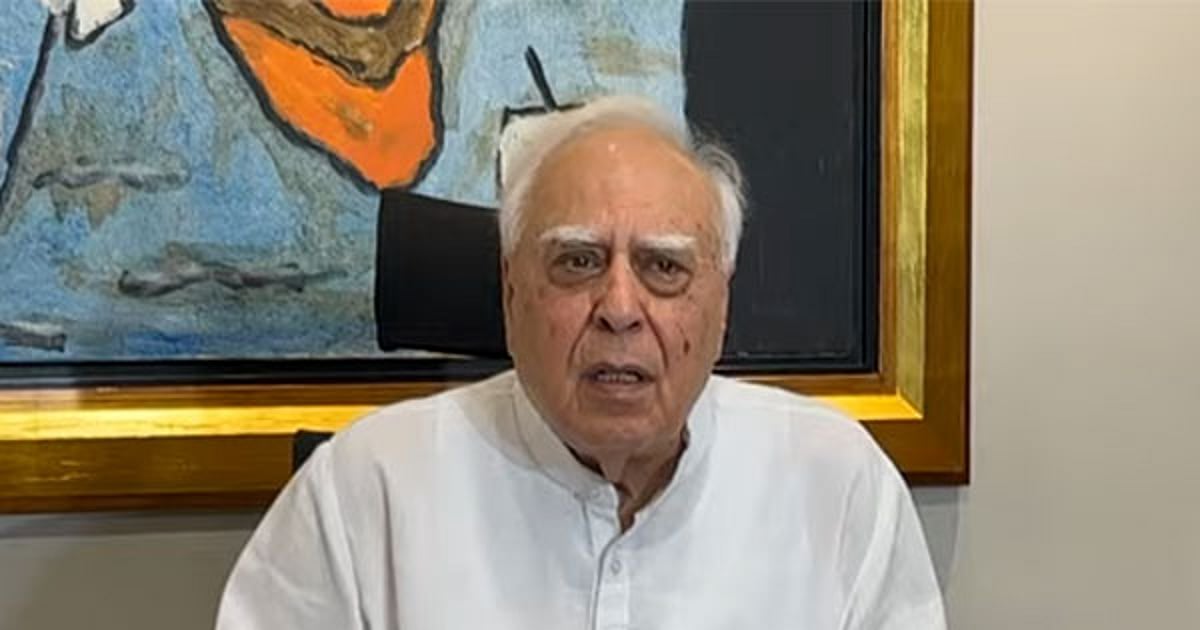 |
|
The recent legal challenge to the status of the Ajmer Dargah, a revered Sufi shrine in India, has ignited a significant political and religious firestorm. A local court's decision to issue notices regarding a civil suit claiming the existence of a Shiva temple within the dargah complex has sparked widespread debate and concern. This event, following closely on the heels of similar controversies elsewhere in the country, underscores the complex interplay of religious identity, political opportunism, and legal processes in contemporary India. The core issue revolves around competing claims of historical ownership and religious rights to the site, a situation that highlights the delicate balance between religious freedom and the potential for communal tensions.
Rajya Sabha MP Kapil Sibal's vocal criticism of the development is particularly noteworthy. His statement expressing concern over the 'political dividends' potentially driving this legal action points to a widespread suspicion that such claims are often leveraged for political gain, particularly during election cycles or periods of heightened social polarization. Sibal’s comment highlights a growing concern that religious identity is increasingly being exploited as a political tool, with potentially disastrous consequences for social harmony and national unity. This narrative is supported by the plaintiff's rather strong demands: not just recognition of the alleged temple, but the complete cancellation of the dargah’s registration and the designation of the site as a Hindu temple.
The legal challenge itself raises complex questions about historical accuracy, archaeological evidence, and the interpretation of religious sites. The plaintiff's demand for an ASI survey suggests a lack of trust in existing historical records and interpretations. This highlights the need for a transparent and objective process to evaluate the claims made and to ensure that all stakeholders – including religious communities and historical preservationists – have a voice in the decision-making process. The court’s decision to issue notices to the Ajmer Dargah Committee, the Ministry of Minority Affairs, and the Archaeological Survey of India indicates a recognition of the broad implications of the case and the need for multiple perspectives to be considered.
The timing of the court action is also significant, occurring soon after violent incidents related to a similar survey of a mosque in Uttar Pradesh. This underscores the risk that such actions can escalate into communal conflicts, particularly when fueled by underlying political tensions. The potential for violence and disruption caused by such conflicts poses a serious threat to social cohesion and national stability. Therefore, a cautious and balanced approach is required by all parties involved, especially given the potential for these legal actions to become catalysts for inter-community strife.
Moving forward, it is crucial that all aspects of this case are treated with the utmost sensitivity and objectivity. A transparent and impartial investigation, based on credible historical evidence, is essential to prevent the escalation of religious tensions and to ensure that the rights of all communities are protected. Furthermore, political leaders and religious figures have a responsibility to promote peaceful coexistence and to discourage the use of religious issues for political gain. The resolution of this case will set a crucial precedent for similar disputes in India, and the emphasis should be on a fair, legally sound outcome that avoids exacerbating existing social divisions.
